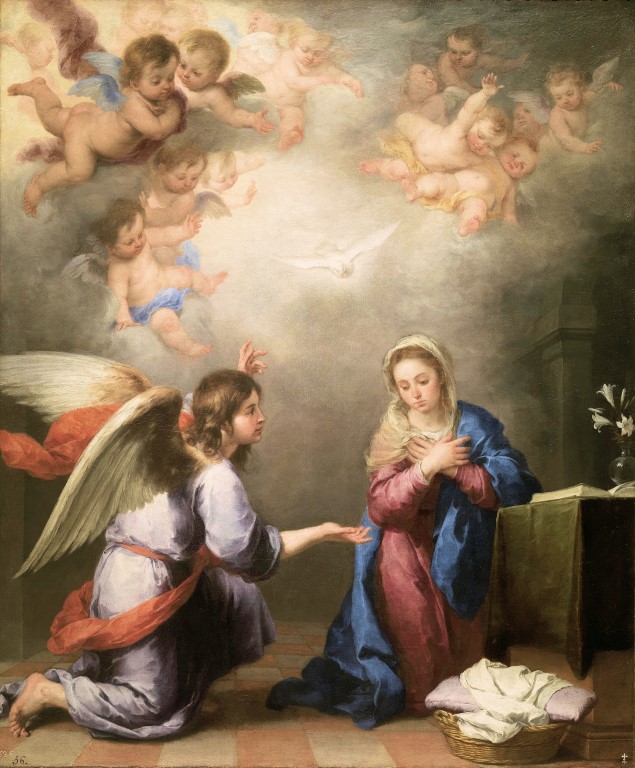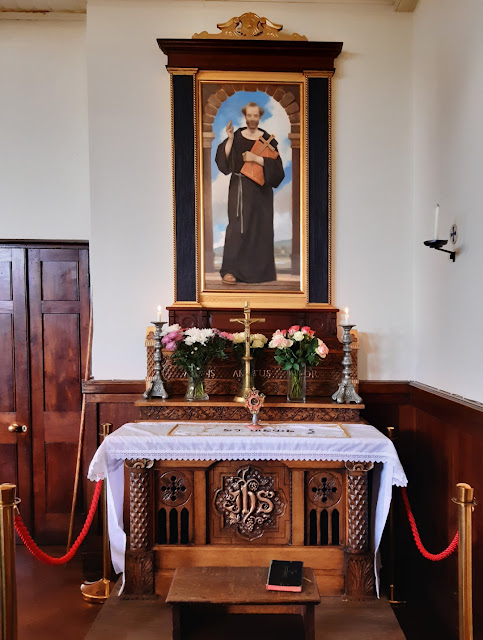St Ignatius of Antioch was martyred at Rome under the Emperor Trajan. His letters were therefore written between 98 and 117 AD. (If Eusebius was correct, he was martyred in 108 AD.) St Polycarp was martyred around 156 AD: as a boy, he knew St John, and in later life, he was an influence on St Irenaeus. Consequently these two Fathers form a most important witness to the faith and life of the Church in the immediate post-apostolic period. Kenneth J Howell, Director and Senior Fellow of the St John Institute of Catholic Thought , has made a fresh translation of the letters of St Ignatius and Polycarp's Letter to the Philippians , together with the later work The Martyrdom of Polycarp . A sensible and helpful note on the translation explains his interaction with existing translations and the occasional differences of interpretation. Throughout the text, there are notes on both the language and the interpretation, making this a most useful text for the student. Also of great value a...







